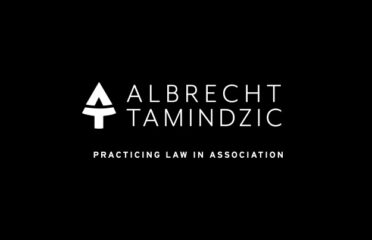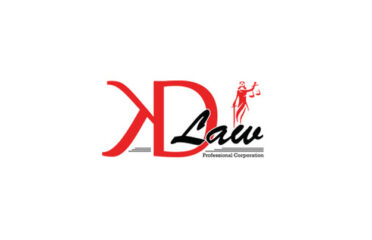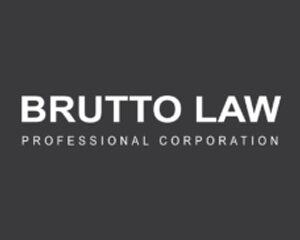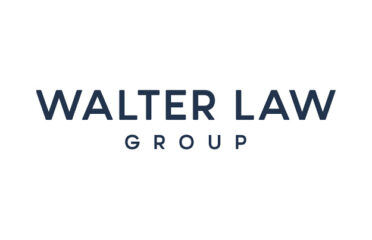What is Real Estate Law in Canada?
Real estate law in Canada governs all legal aspects of property ownership, transactions, and land use. With over 500,000 residential properties changing hands annually and commercial real estate valued at $1.4 trillion, this complex area of law balances private property rights with public regulation. This guide examines key principles, transaction processes, provincial variations, and emerging trends in Canadian real estate law.
1. Foundations of Real Estate Law
A. Legal Framework
Canada’s real estate system combines:
-
Common law principles (except Quebec’s civil code system)
-
Provincial/territorial statutes (e.g., Ontario’s Real Estate and Business Brokers Act)
-
Municipal bylaws (zoning, permits)
-
Federal laws (environmental regulations, Indigenous land rights)
B. Property Types
-
Freehold (full ownership)
-
Condominium (shared ownership with strata rules)
-
Leasehold (rights for set term)
-
Co-operative (share-based ownership)
Indigenous Land Note: 90% of Canada’s land is Crown-owned, with complex treaty land provisions.
2. Key Areas of Practice
A. Residential Transactions
-
Purchase/sale agreements
-
Title transfers
-
Mortgage financing
-
Closing process (typically 60-90 days)
B. Commercial Real Estate
-
Development agreements
-
REIT formations
-
Commercial leasing
-
Zoning compliance
C. Condominium Law
-
Governance disputes
-
Maintenance fee conflicts
-
Special assessments
D. Land Use & Development
-
Subdivision approvals
-
Environmental assessments
-
Heritage designations
E. Litigation
-
Boundary disputes
-
Construction deficiencies
-
Specific performance claims
3. The Property Transaction Process
A. Pre-Contract Phase
-
Listing agreement (with realtor)
-
Title search (reveals liens/encumbrances)
-
Property inspections (structural, environmental)
B. Offer & Acceptance
-
Standard form contracts (province-specific)
-
Conditions (financing, inspection, zoning)
-
Deposit (typically 5% in trust)
C. Due Diligence Period
-
Survey verification
-
Title insurance procurement
-
Municipal searches (outstanding work orders)
D. Closing
-
Final mortgage approval
-
Adjustments (property taxes, utilities)
-
Land title registration (e-transfer system in most provinces)
Average Timeline: 8-12 weeks for residential deals.
4. Provincial Variations
A. Ontario
-
Land Transfer Tax (0.5-2.5% + Toronto surcharge)
-
Real Estate Council of Ontario (RECO) regulates agents
-
Electronic registration mandatory
B. British Columbia
-
Property Transfer Tax (1-3%)
-
Foreign Buyer Ban (extended to 2026)
-
Speculation Tax (up to 2% for non-residents)
C. Quebec
-
Civil Code governs all transactions
-
Notaries required (not lawyers)
-
Disclosure regime differs from common law provinces
D. Alberta
-
No provincial land transfer tax
-
Torrens title system (state-guaranteed ownership)
-
Lowest closing costs nationally
5. Role of Legal Professionals
A. Real Estate Lawyers
-
Review contracts ($800-$2,500 fee)
-
Conduct title searches
-
Handle closing funds
-
Register security interests
B. Notaries (Quebec)
-
Perform title transfers
-
Draft deeds
-
Provide independent legal advice
C. Paralegals
-
Limited role (Ontario allows some closings)
-
Cannot provide legal opinions
6. Critical Legal Documents
-
Agreement of Purchase/Sale
-
Includes conditions, chattels, closing date
-
Standard forms vary by province
-
-
Title/Deed
-
Proof of ownership
-
Lists encumbrances (easements, covenants)
-
-
Mortgage Agreement
-
Security interest for lenders
-
Foreclosure terms
-
-
Statement of Adjustments
-
Prorates expenses between parties
-
7. Recent Developments (2023-2024)
A. Foreign Buyer Restrictions
-
Federal ban extended to 2027
-
BC’s Empty Homes Tax increased to 3%
B. Climate Disclosure Rules
-
Ontario’s PCDA requires energy audits
-
Flood risk disclosure becoming mandatory
C. Digital Transactions
-
Remote witnessing made permanent
-
eSignatures widely accepted
D. Co-Ownership Models
-
Fractional ownership regulations emerging
-
Intergenerational title transfers tax changes
8. Common Legal Issues
A. Title Defects
-
Undisclosed liens
-
Survey discrepancies
-
Fraudulent transfers (increased 40% since 2020)
B. Contract Disputes
-
Misrepresentation claims
-
Deposit forfeitures
-
Financing fall-throughs
C. Zoning Challenges
-
NIMBY opposition
-
Heritage designation impacts
-
Short-term rental restrictions
Case Example: Wang v. Liu (BCSC 2023) – $350K award for undeclared grow-op property damage.
9. Commercial Real Estate Trends
A. Office Space Conversions
-
Residential repurposing incentives
-
Zoning bylaw amendments
B. ESG Compliance
-
Building emission standards
-
Green lease provisions
C. REIT Growth
-
Now 15% of Canadian commercial market
-
Tax advantage structures
10. Indigenous Land Considerations
A. Duty to Consult
-
Required for developments near reserves
-
Supreme Court rulings expanding obligations
B. Treaty Lands
-
Unique ownership structures
-
Development approval processes
C. Economic Participation
-
Impact benefit agreements
-
Co-development models
11. How to Protect Your Interests
For Buyers:
-
Secure financing pre-offer
-
Insist on property inspection
-
Verify zoning restrictions
-
Obtain title insurance ($250-$600)
For Sellers:
-
Disclose all material defects
-
Clear title before listing
-
Understand tax implications
For Investors:
-
Review rental bylaws
-
Consider holding structures
-
Monitor regulatory changes
12. Case Study: Zhang v. Yang (Ontario 2022)
This ruling:
-
Enforced “hell or high water” clauses
-
Clarified buyer obligations in firm deals
-
Awarded $1.2M for failed commercial purchase
13. The Future of Real Estate Law
Emerging trends include:
-
AI title review automation
-
Blockchain-based transactions
-
Climate migration impacts
-
Co-living regulation frameworks
Conclusion
Canadian real estate law provides a stable yet evolving framework for one of the economy’s most vital sectors. With housing affordability reaching crisis levels in major markets and climate change rewriting risk assessments, legal professionals play an increasingly crucial role in guiding clients through complex transactions. Whether purchasing a first home or developing commercial towers, understanding these legal foundations helps Canadians make informed property decisions while mitigating risks.
As the Supreme Court noted in Sattva Capital v. Creston Moly (2014), “Real property represents most people’s largest financial asset.” This reality makes competent legal advice not just prudent, but essential for navigating Canada’s dynamic real estate landscape.






















